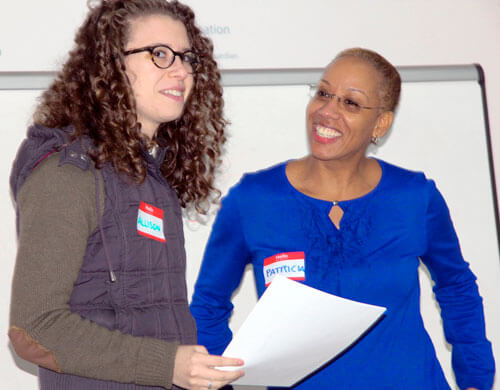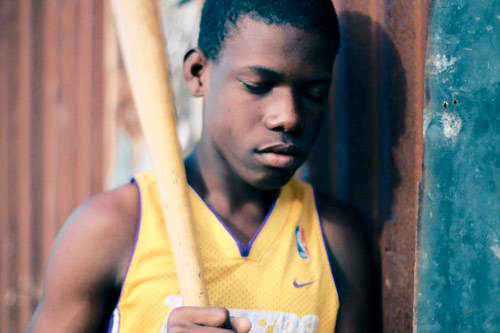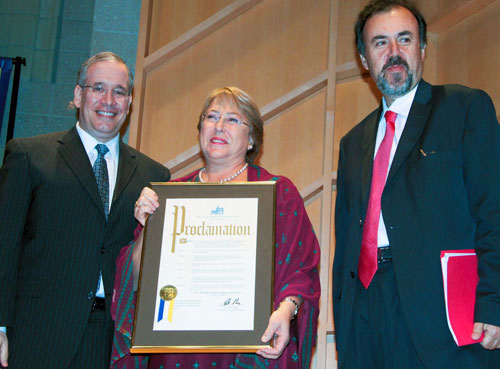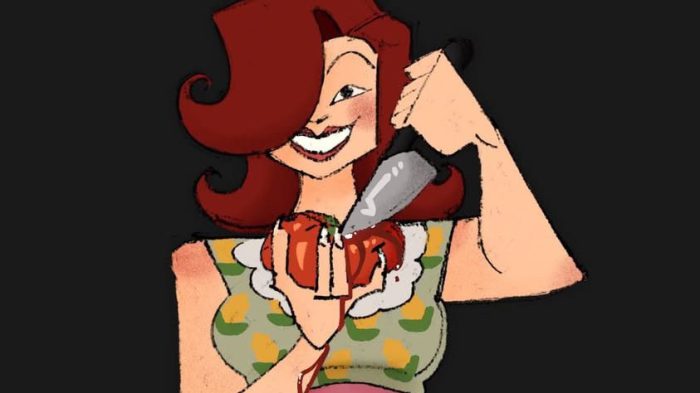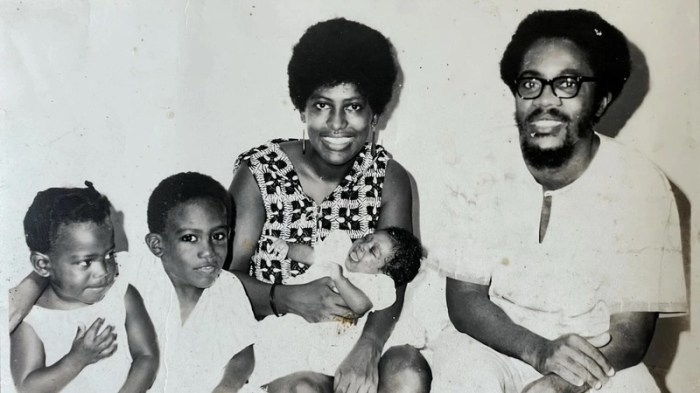The Lucie Awards were presented alongside the International Photography Awards (IPA) in an evening that mirrored but without quite the paparazzi and glittery style of the Academy Awards at the Rose Theater, Jazz at Lincoln Center on Monday, Oct. 25.
Dawoud Bey received the Achievement in Portraiture Award and Eli Reed received the Achievement in Documentary Award.
Photojournalist Reed hails from the metro New York area, Perth Amboy, NJ in fact, and has lived here off and on for years, when he was not working at the Middletown Record, Detroit News or San Francisco Examiner or covering the war in Lebanon (1983-87) and other conflict zones world wide.
Author of many books including “Beirut,” “Black in America,” and “Homeless in America,” he is the recipient of a long list of awards that honor excellence in photography including the Eugene Smith Award and the Leica Medal of Excellence.
Dawoud Bey, born David Edward Smikle, is from Jamaica, Queens and studied at the School of Visual Arts, Empire State and received a Masters in Fine Arts at Yale University. His initial work doing street photography evolved into a long-term project documenting everyday life of people in Harlem.
His books include “Class Pictures,” “The Chicago Project,” and “Portraits.” He has been quoted saying, “Photography can capture peoples’ true essences and identities by changing social stereotypes.” And a look at his portraits does just that.
Both of these accomplished and physically big men also share their knowledge and talent by teaching. Reed regularly teaches armed forces personnel and is a professor of photography at University of Texas in Austin. Bey is the professor of art and distinguished college artist at Columbia College, Chicago.
The Lucie Awards were begun based on the premise that photographers should be household names and not a byline in six-point font. And it is true, that many an iconic photograph is part of American or even world consciousness, but the creator of that image is generally unknown. Rose Theater This year’s recipients have documented history.
The Lucie Awards emerged in 2003 from the photographic community to acknowledge and celebrate these long-deserving creators of the historical record who were making important images.
Cartier-Bresson, Gordon Parks, James Nachtwey and Sarah Moon are among the 78 photographers or organizations who are previous recipients.
Wearing a far cry from their working attire, Eli Reed in a tux and Dawould Bey in a stylish black suit were both honored on Monday.
Dawoud spoke of discovering that he had a gift for teaching and that he had a perspective to share.
When I asked Reed how has his concept of photography changed since he got involved 40 years ago he said, “I take it more seriously. If you’re any good at what you do, you have an obligation to do the best you can, whenever you can do your work.”
Reed has been the still photographer on many Hollywood films but has moved away from that kind of work. “I have Ron Howard to thank,” he says. On Howard’s set of “The Missing,” Tommy Lee Jones pointed out that Reed was overqualified for the job as a film still photographer. This helped Reed get back on track photographing history and how people survive.
Regarding photographing in war zones, Reed’s perspective, “I’d rather go to a war zone than walk the streets in New York City.” His reasoning is in a war zone, you know who the enemy is.

Photos by Tequila Minsky


